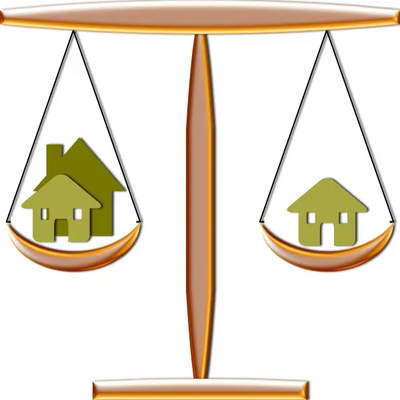Second homes in Suffolk Coastal

The East Anglian Daily Times and Coastal Scene newspapers have both reported recently that in 2015 nearly one in 20 dwellings in Suffolk Coastal were registered as second homes rather than as primary residences, with the majority of those second-home owners living in London. Understandably, the locations with the highest concentration of second-home ownership are on the coast. In Aldeburgh, Aldringham, Blythburgh, Dunwich, Walberswick and Bawdsey, 30% or more of properties are second homes -- and the proportion is as high as 40% in Walberswick.
This is an indication of a thriving tourist industry, and also a sign that Suffolk Coastal is, in general, a desirable place to live. But the market in second homes forces up property prices, making it difficult for locals to buy housing that they can afford. And the lack of affordable homes for locals in Suffolk Coastal is worsening as house prices are driven ever upward, and ever further out of reach, by an increase in second-home purchasers.
At the heart of this issue is a quandary in liberalism. On the one hand, individuals should have the freedom to spend their money as they wish, and if that means buying a second home, or a third, or a fourth, then that is just economic liberalism in action. But on the other hand, individuals should have the freedom to live in the community where they work and in which they grew up, and high proportions of externally-owned properties, purchased at prices that inflate the market, inhibit that freedom. There is no easy answer.